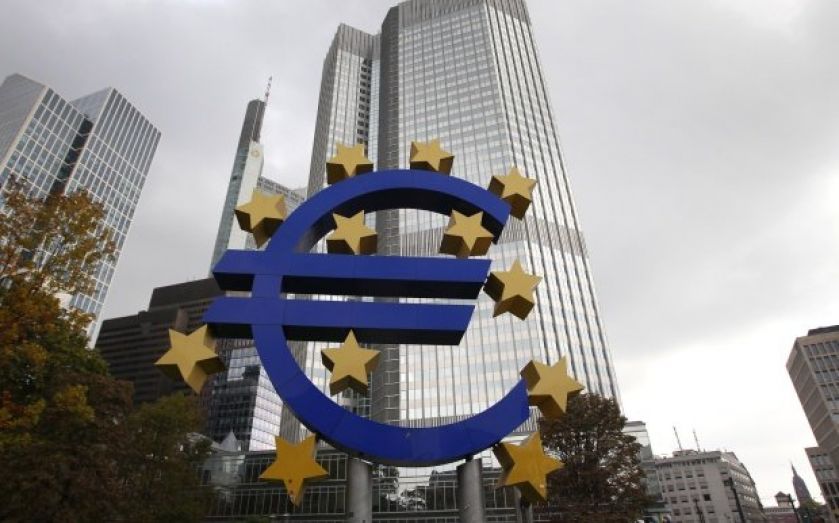Euro falls to nine-year low as investors eye ECB policy

The euro tumbled to a nine-year low against the dollar this morning after the European Central Bank (ECB) hinted quantitative easing could be on the way and disputed reports Germany was preparing for a so-called "Grexit."
The common currency slid to $1.1860 in pre-market trade, its lowest level since March 2006. It also pushed the US dollar index to 91.482, its highest since December 2005.
It follows a disputed report by the German newspaper Der Spiegel, which cited unnamed sources saying the country was preparing for troubled Greece to exit the single-currency bloc.
This reflects concern anti-austerity populist party Syriza could win this month's snap election, jeopardising the country's reform programme.
Earlier comments from ECB officials also focused investor attention on a flash reading for consumer prices in December which is due out on Monday. Eurozone headline inflation is currently at a five-year low of 0.3 per cent, well below the central bank's target of just under two per cent.
Last week central bank governor Mario Draghi told German newspaper Handelsblatt that the risk of deflation "cannot be entirely excluded" and "we have to act against such risk". He also said the risk of the ECB failing to fulfill its mandate on price stability was higher than six months ago.
Investors took this as a sign the European Central Bank could be ready to buy government bonds if inflation expectations continued to fall and the euro slumped to its lowest level since June 2010.
The ECB is widely expected to start buying sovereign government bonds at its council meeting on 22 January. By doing so it would be following in the footsteps of the US, UK and Japan.